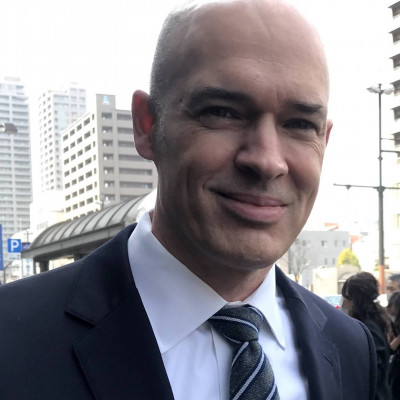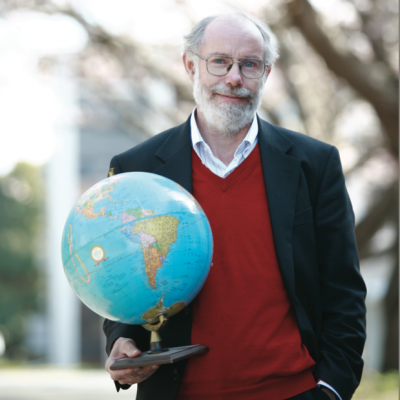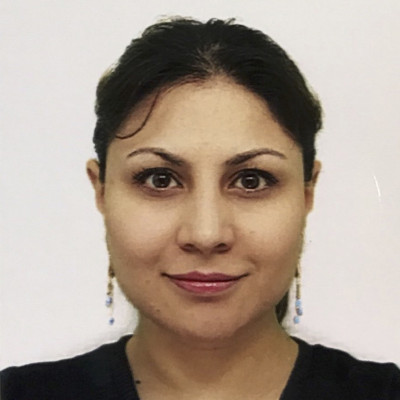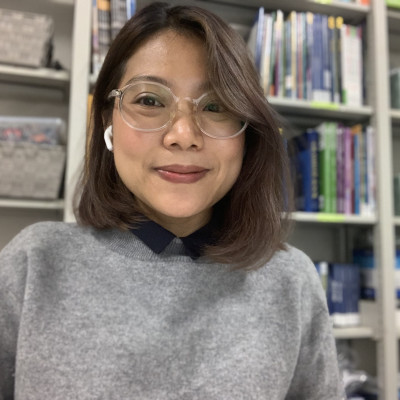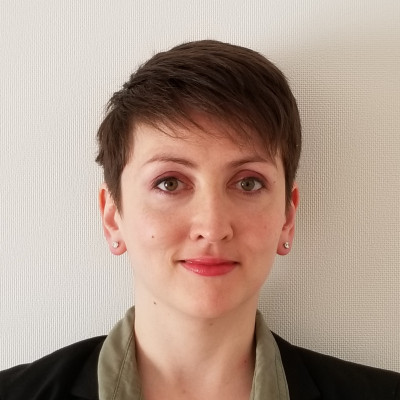Sessions / Global Issues in Language Education
Imagining anti-oppressive GCE EFL teaching theory & practice #2861
This presentation introduces the theorizations and specific anti-oppressive classroom practices developed in the 1st year of a 3-year Japanese-government funded project. The specific theory of anti-oppressive education introduced was developed by combining anti-oppressive theory and global citizenship education (GCE) theory for EFL classroom contexts in Japan. To build the theory, Andreotti’s (2011) theorizations are combined with terminology from Sensoy and DiAngelo (2017) to explain an anti-oppressive theory and practice, which not only uncovers the complexities and fluidity of societies, but also uncovers the systemic oppression that organizes them. Foundational terminology is explained to understand systemic oppression and constitutive subjectivities (Coloma, 2008), and this theory is used to explain several anti-oppressive teaching practices which promote self-reflexivity and go beyond inclusion. Anti-oppression teaching methods are shared, drawing on personal experiences in pre-service education. As a teacher-educator, the presenter explains the important task of teaching not only content, but also the realities of complex local and global social justice issues that impact the students’ future teaching careers. In this new COVID-19 era where injustices are magnified, these anti-oppressive practices encourage educators to go back to the basics to understand their role in systemic oppression, as well as their role in dismantling it.
Cancelled Mapping global citizenship education through student perspectives #2711
To address the call for more globally competent graduates, more and more global and international education departments have been appearing on university campuses in Japan. How are these programs fostering global competencies in their students and do the students themselves feel like they are becoming more globally competent? The presenter will discuss the results of a mixed methods study that took place in two global education programs at two different universities: One a government designated, “Top Global University,” the other an established university of foreign languages with a reputation for producing global graduates. A combined total of 242 students at the two institutions were surveyed, then interviews were conducted with smaller focus groups to see if they felt they were becoming more globally-minded as a result of their university education. In particular, they were asked if they felt they were developing commonly cited global competencies, i.e. becoming knowledgeable, inquisitive, open-minded, caring and communicative in English. The presenter will share their findings, comparing them with recent literature on global citizenship education, and discuss implications for developing successful global education programs at Japanese universities.
Teaching world religions in EFL: Basic knowledge for global citizens #2699
Part of becoming a global citizen means learning about the diversity of religions in our global village. The English classroom can be an exciting place to explore this topic while promoting international understanding, cultural awareness and interest in the wider world. This talk will describe a content-based EFL unit designed for Japanese college learners on the topic of “world religions.” The unit aims to help students: A) gain a basic knowledge of the world’s major religions, B) acquire basic religious vocabulary needed to follow current events, C) overcome religious stereotypes (for example, that “Muslim = terrorist”), D) develop the respect, empathy and tolerance needed in our multicultural world. The unit consists of task-based activities that actively engage students in exploring the beliefs, traditions and symbols of five world religions (Christianity, Islam, Judaism, Buddhism, Hinduism). The activities are designed to promote vocabulary acquisition, language practice, communication skills and critical thinking. They range from group brainstorming, readings and quizzes to guest speakers, research homework and field trips. The talk will conclude with advice for language educators on how to address this topic in class plus a list of resource books, videos and websites on world religions.
GILE SIG Forum #2894
This forum for the Global Issues in Language Education (SIG) will present the experiences of three global educators on how how they pursued cross-border classroom connections with university's overseas during the pandemic. Mahboubeh Rakhshandehroo, Olaf Fors, and Paul Horness will describe the collaborative online learning projects they engaged in with the aim of inspiring other educators. Participants looking to build cross-border connections and utilize technology more effectively for communication will want to join this session, which will be live streamed.
Incorporating Global Issues in EFL Classrooms #2913
The pandemic has magnified issues of social justice and inequalities both locally and globally. The language teacher who brings these issues into the classroom can inspire students to be change agents. Students benefit from these guided classroom experiences by becoming aware of marginalization both within and outside the classroom on issues such as sexism, racism, and the environment. Empowered students are able to then make informed decisions and problem-solve through critical awareness. Activities and materials created based on feminist and engaged pedagogies for an academic reading and writing class (CEFR B1-B2) will be presented. The strengths and weaknesses of these activities, their implementation, and responses from the students will be discussed to answer two questions: (1) How can teachers incorporate global issues in EFL classes? (2) How can teachers provide students with hands-on opportunities to make a positive impact in their community by reflecting on local issues?
Reflection as a learning target for global education #2911
This presentation will describe two types of reflective activities, written and conversational, designed to help Japanese university students of English clarify and develop their relationship to global issues, which is a valuable piece of the puzzle of global education. The outcomes of these reflective activities over 4 years show that they are largely successful in building self-awareness, despite revealing feelings of eco-anxiety, disconnection and frustration among students, which the presentation will discuss. Good reflective practice among students allows for not only greater wellbeing and depth of knowledge (Helyer, 2015; Chang, 2019), but progress towards global education’s goals of awareness, attitude, and action (Cates, 2002; Hicks 2010). Encouraging reflection, as an explicit student learning objective connected to various learning tasks, gives students the space and time to examine their values, beliefs, and changing relationships to their community, climate, and conflicts at home and abroad. A discussion of the merits and limitations of these, and other reflective practice activities in a global issues classroom is welcome.

